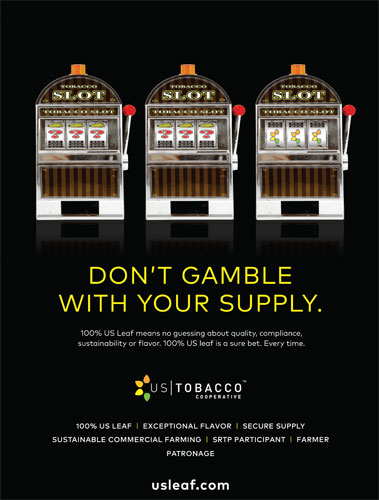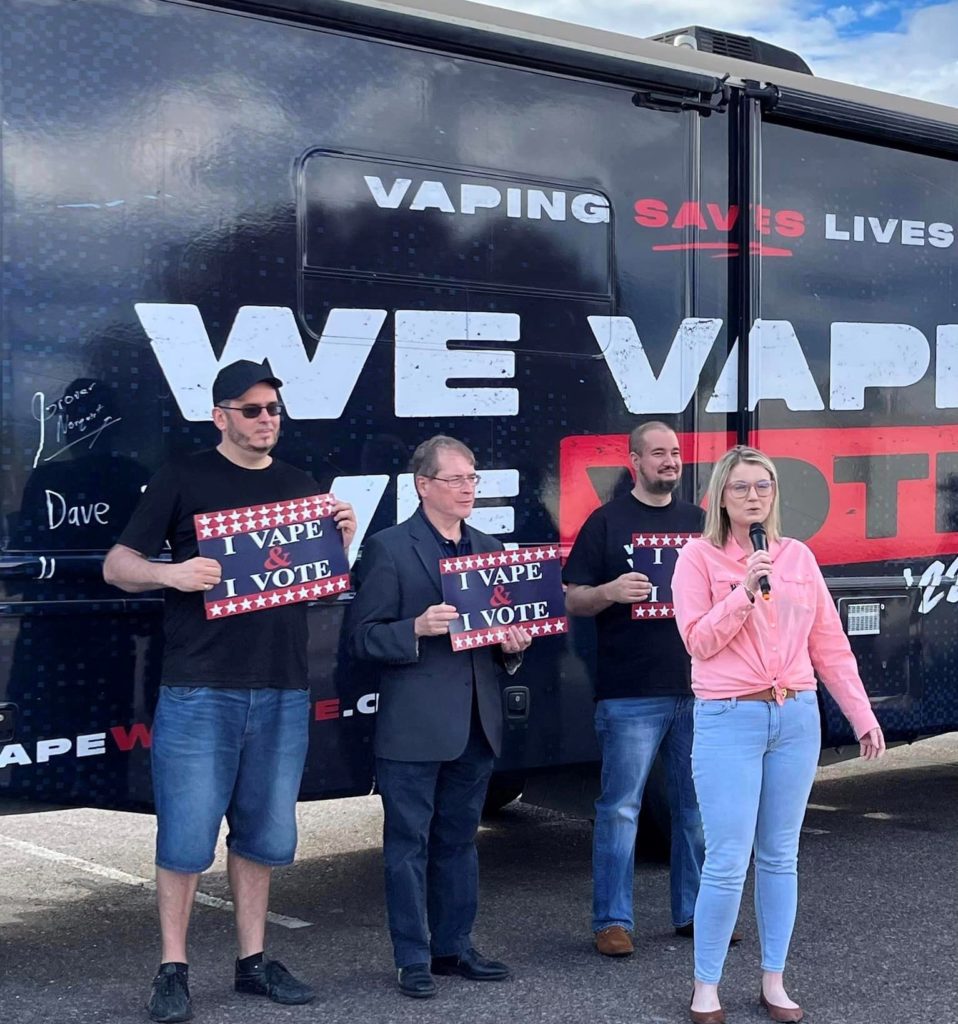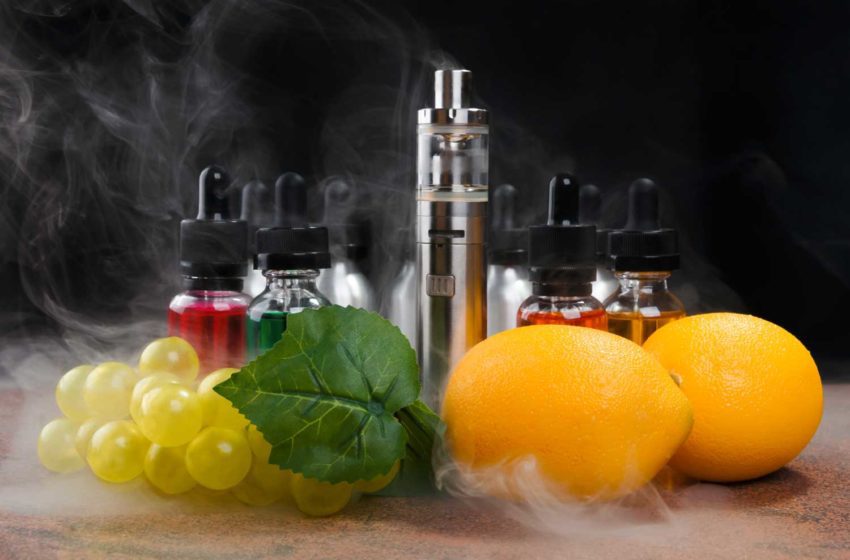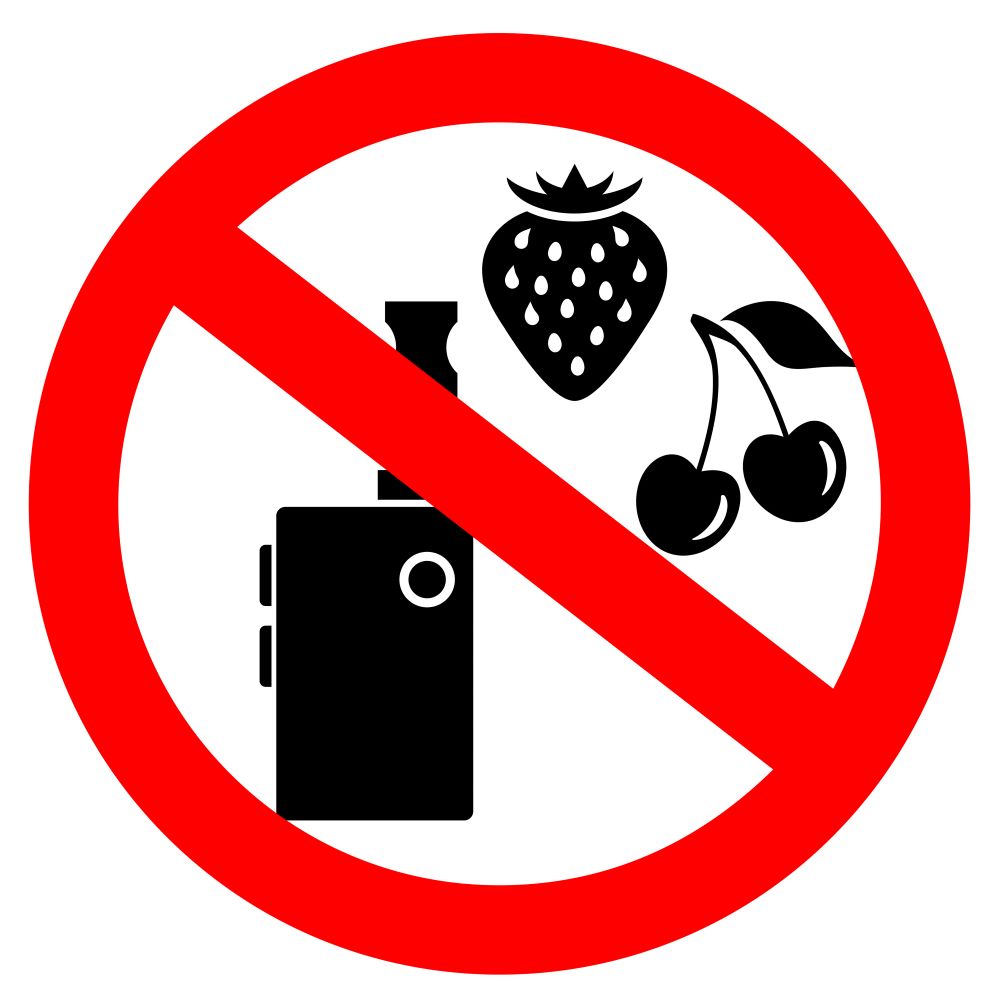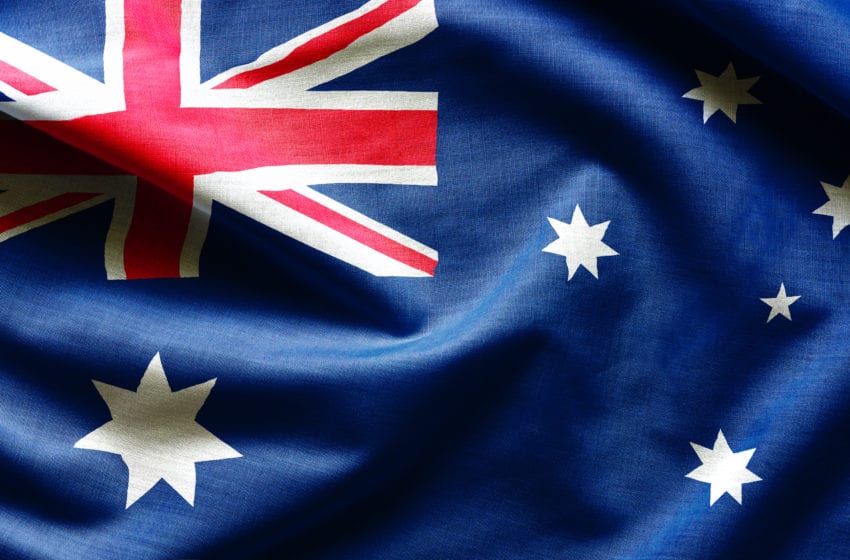
Charlotte’s Web Holdings, a supplier of cannabidiol (CBD) hemp extract wellness products, has appointed Jonathan P. Atwood to the company’s board of directors, according to PR Newswire. Atwood is currently the group head of business communications for BAT and is responsible for BAT’s external, internal and corporate brand communications. Atwood was designated as a board nominee by BAT in connection with its November purchase of convertible debenture in Charlotte’s Web.
Atwood held senior management positions at Unilever, most recently leading global supply chain communications. Prior to that, he led sustainability and corporate communications for Unilever North America. Atwood is an advocate of sustainability and has worked closely with B Corps companies.
Charlotte’s Web is the only publicly traded CBD B Corp-certified company.
“We welcome Jonathan as a valuable addition to the board where he can support our international and sustainability ambitions. We look forward to working closely together on our mutually shared interests,” said John Held, chairman of the board of Charlotte’s Web.
Atwood’s appointment brings the total number of directors on the Charlotte’s Web board to six.
Last year, Charlotte’s Web Holdings Inc. became the first company to score a CBD sponsorship with Major League Baseball.



